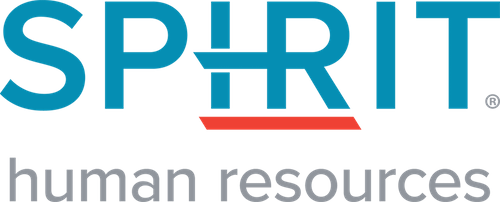Avoiding Claims of Retaliation

But what about retaliation? Surprisingly, nearly half of the claims filed with the US Equal Employment Opportunity Commission (EEOC) in 2017 were for retaliation. Of the 84,254 claims filed with the EEOC 41,097 (48.8%) were for retaliation. So, as employers, what are we missing?
What is retaliation in the workplace? The same laws that prohibit discrimination based on race, color, sex, religion, national origin, age, disability and genetic information also prohibit retaliation against individuals who oppose unlawful discrimination or participate in an employment discrimination proceeding. An adverse action taken against an employee for filing a discrimination claim, including harassment, or for participating in an investigation of alleged discrimination or harassment is considered retaliation.
Although most employer policies include statements about prohibited retaliation, employers must work diligently with managers to ensure that retaliation is not permitted in the workplace. In many retaliation cases, the original discrimination allegation failed to establish a violation of the law, but the subsequent retaliation allegation resulted in a discrimination finding. Therefore, those in management must be cautious of any adverse action against protected activity.
A negative change of behavior toward an employee after an EEO allegation can be perceived as retaliatory. To prevent retaliation from occurring, managers should take the following actions:
- Avoid publicly discussing the allegation
- Do not share information about the EEO activity with any other managers or subordinates
- Be mindful not to isolate the employee
- Avoid reactive behavior such as denying the employee information, equipment, and benefits provided to others performing similar duties
- Do not threaten the employee, witnesses, or anyone else involved in the processing of a complaint
Take precautionary steps by educating managers and keeping a watchful eye on any potential issues that may arise.
Latest Blogs from Spirit HR
Culture by Design: How to Build a Company People Don’t Want to Leave
Culture by Design: How to Build a Company People Don’t Want to Leave When most people think about company culture, they think about ping-pong tables, snack bars, and casual Fridays. But real culture — the kind that makes people want to stay, grow, and thrive — runs...
Are You Wasting Money on HR? The Hidden Costs of Payroll, Benefits, and Compliance
The Hidden Costs of Managing HR the Old Way Many business owners believe they can’t afford a PEO (Professional Employer Organization). The truth? They’re already spending the money—but in an inefficient way. Most businesses rely on multiple HR service providers to...
Experience the New and Improved Spirit Connect
Running a business is hard—but managing HR doesn’t have to be. At Spirit HR, we are committed to making workforce management simpler, more efficient, and more intuitive for our clients. That’s why we’re excited to introduce new technology upgrades to Spirit Connect,...
